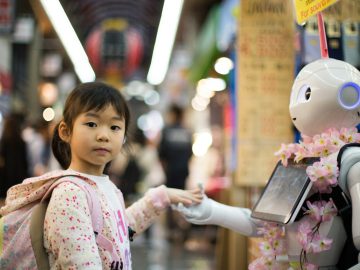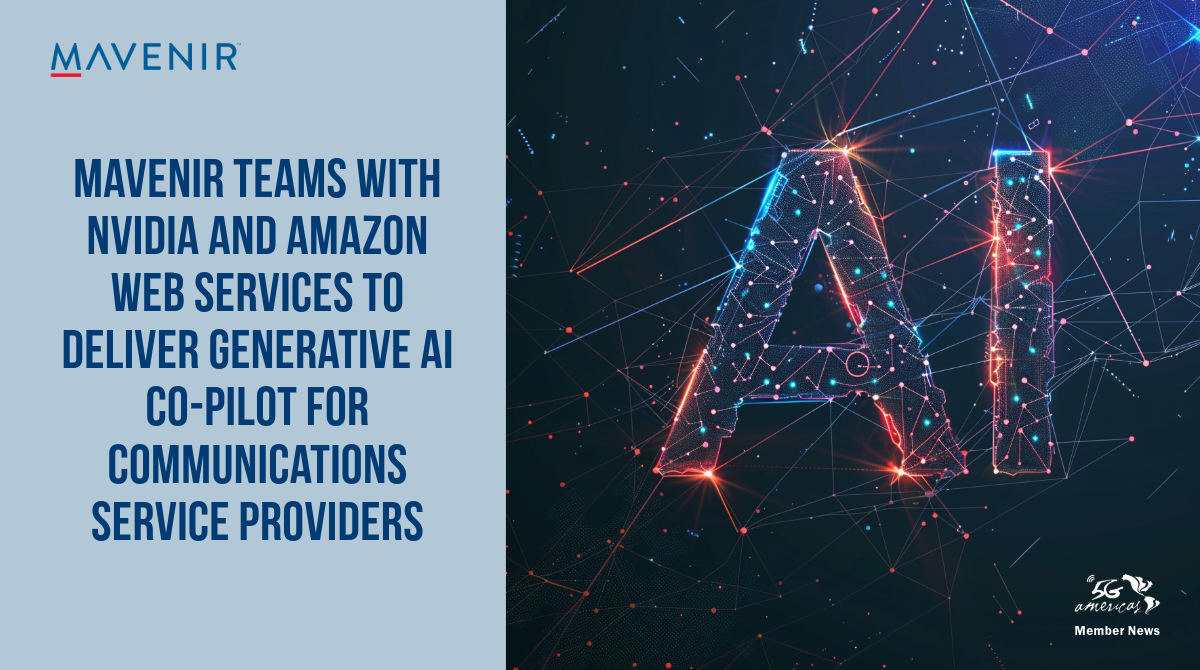Artificial intelligence (AI) is the advanced ability of a computer system and other devices to perform tasks that humans consider rational. Some areas where AI can be used are speech recognition, expert systems, and natural language processing.
AI has attracted many users due to its effectiveness in enhancing productivity and efficiency in various organizations and industries. In some cases, it is necessary to use AI with ML to obtain even more accurate readings.
ML enables AI algorithms to get better with time by feeding the algorithms on new data and the results they have achieved. For instance, in the healthcare sector, AI, when integrated with ML, creates personalized treatment plans based on patients’ information. Regarding finance, this combination can enhance fraud detection systems by detecting anomalies.
Artificial intelligence is not an option in the contemporary world of technology. Instead, it’s a factor that contributes to enhancing effectiveness and introducing new ideas in various sectors. Of course, here are five absolutely essential areas of how AI is changing the world as we know it.
1. Transforming Customer Service with AI Chatbots
AI is already significantly improving customer service. AI chatbots are increasingly being used as the initial means of reaching customers. They answer all sorts of questions to ensure 24/7 professional assistance.
The AI chatbots employ NLP to translate and process customer queries and offer real-time help. The quick answers help boost customer satisfaction. Additionally, AI chatbots can attend to several customers at once. This scalability is especially useful in moments of increased demand, such as during the Christmas holidays, when many customers are likely to call for assistance.
In regard to customer service, Foxy AI stands out, offering superior AI chatbot services that incorporate NLP. The outcome helps customers get the answers they need quickly. For individuals who have ever used it, Foxy AI improves the company’s performance and allows businesses to provide exceptional customer service.

2. Improved Workflows with Smart Automation
Another area where AI’s effect can be seen is in automation. As technologies advance, artificial intelligence and robotics increasingly replace routine and mundane tasks to reduce the burden on human employees.
In manufacturing industries, robots developed through artificial intelligence allow for efficient assembly lines without errors. Likewise, AI algorithms perform transactions and identify fraud in real-time. That means all levels of transactions are kept secure and efficient.
Automation is not only about the speed of the process but also about the intelligent way of performing the process. Artificial Intelligence (AI) is a broader concept than ML, but ML is a subcategory of AI that enables systems to learn and develop autonomously from data. This means that the work done through automation becomes more efficient and effective due to its ability to learn from new data and conditions.
3. Propelling Change in Product and Service Offerings
AI is also the driver of innovation when designing new products. AI can develop potential new products by studying the market and consumers. Furthermore, it explores competitor products to reveal what is lacking in the market.
There is a scenario where AI is used in the pharmaceutical industry to speed up drug discovery. It can cut the time and expenses required to introduce new drugs to the market. In the automotive industry, AI is the critical element that powers the creation of self-driving cars. These self-driving cars are powered by AI and software algorithms to drive.
4. Workplace Betterment
The performance management system should not only focus on what the employees produce; instead, their health is an essential aspect of performance. AI can help create a more favorable attitude in the workplace by improving work-life balance.
Maintaining a healthy balance is one of the biggest challenges people face in their personal and professional lives. Fortunately, AI can help analyze schedules and recommend changes that would help bring the balance more favorable. Afterward, you can set up a notification encouraging you to delegate tasks or reschedule deadlines so that work doesn’t infringe on your home life.
AI can also help employees notice signs of burnout by analyzing their communication frequency and workload data. After a predetermined duration, employees can receive an alert message to take a break.

5. Optimizing the Decision-Making Process via Predictive Analysis
The use of big data and AI in predictive analytics is rapidly changing the decision-making process. AI can process more data than humans and find connections between things a human might not notice.
Predictive analysis is instrumental in the healthcare sector, where help is needed to predict an outbreak of the disease or patient outcomes. In retail, AI and Big data predictive analytics assist organizations in analyzing customer behavior and targeting promotions.
Conclusion
AI is undeniably redefining efficiency and innovation through task automation, predictive analysis, and customer support. Still, productive design and workplace betterment via AI enhance creativity and productivity. That is why, in the current modern landscape, Artificial Intelligence (AI) is an indispensable tool.






